#lolly willowes
Text

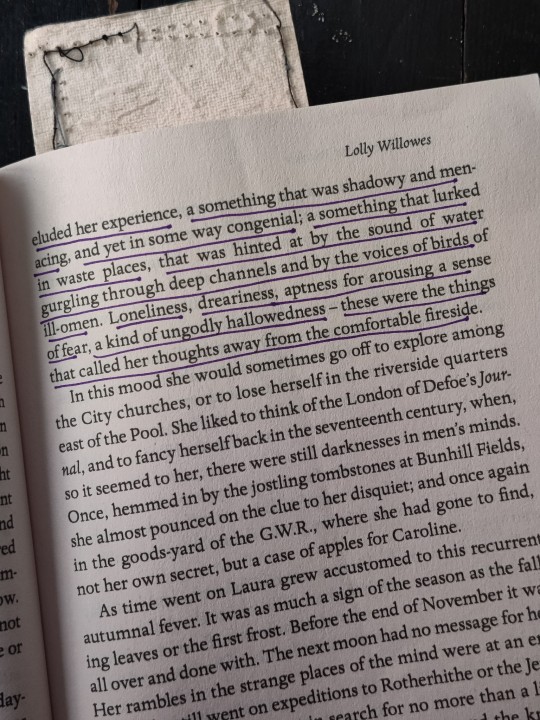
What a perfect, perfect description for something as elusive as a mood or a feeling.
21 notes
·
View notes
Text

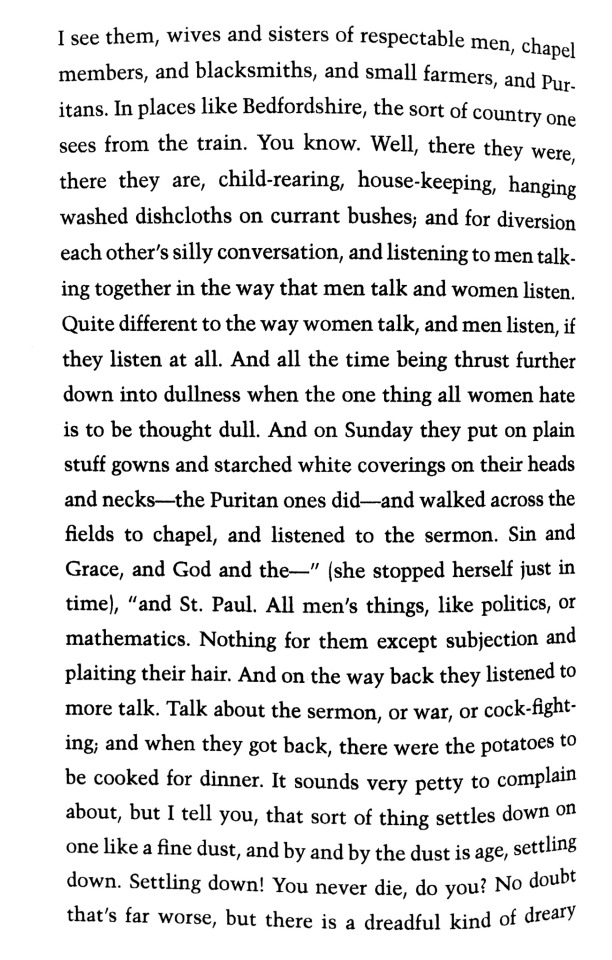

Lolly Willowes by Sylvia Townsend Warner
#this was written 97 years ago#and I think it’s better and more fun than the Barbie speech sorry…#Lolly Willowes#sylvia townsend warner#reading#books
32 notes
·
View notes
Text
When she walked into the meadow it was bloomed over with cowslips, powdering the grass in variable plenty, here scattered, there clustered, innumerable as the stars in the Milky Way. She knelt down among them and laid her face close to their fragrance. The weight of all her unhappy years seemed for a moment to weigh her bosom down to the earth; she trembled, understanding for the first time how miserable she had been; and in another moment she was released. It was all gone, it could never be again, and never had been. Tears of thankfulness ran down her face. With every breath she drew, the scent of the cowslips flowed in and absolved her.
Lolly Willowes, Sylvia Townsend Warner
6 notes
·
View notes
Note
Any suggestions for books that have a cozy fall feel to them? I'm trying to read my way to cooler weather :P
I sympathize with this endeavor! I have a double confession to make, though. 1) I am never sure what people on Tumblr mean when they say "cozy." 2) Even though I am fairly certain what "cozy" means when applied to subgenres of light fiction, this is not what I seek when I turn to seasonal fall reading. What I am usually looking for in autumnal fiction is some combination of:
death and decay are inevitable; they can also be beautiful
autumn is a time simultaneously of hope and of reckoning with that hope's disappointment
the academic calendar and academic communities (see also above, tbh)
With, um, all that in mind... some recommendations.
Gaudy Night, Dorothy L. Sayers. "Let us go now, and have the truth at all hazards" and also "epic actions are all fought by the rearguard" and "if it ever occurs to people to value the honor of the mind equally with the honor of the body, we shall get a social revolution of a quite unparalleled sort."
Brideshead Revisited, Evelyn Waugh (for its gorgeous descriptions of all seasons, and also everything else)
Embers, Sándor Márai (the end of a life and the end of an empire... but maybe not the end of love)
On the Edge of Reason, Miroslav Krleža (I'm pretty sure this opens in September; it is beautiful and poignant and savage)
Lolly Willowes, Sylvia Townsend Warner (this actually might come quite close to what you are looking for; this is a lovely and tender and melancholy and hopeful book)
A Small Town in Germany, John Le Carré (small town, large stakes, and Le Carré's customary insight and humor)
Radetzkymarsch, Joseph Roth (this is another end-of-empire one)
Georgics and Eclogues, Virgil (his birthday is in October! lots of lovely harvest poetry and also poetry about destructive love.)
Summer in the Country, Edith Templeton (summer must end, empire must end, deceptions... may or may not)
The Last September, Elizabeth Bowen (the last because in the autumn of 1920, in County Cork, old certainties and old loyalties are about to go up in flames.)
The Salzburg Connection, Helen MacInnes (not only is this that too-rare thing, an espionage novel written by a woman, but the thing I remember best about it is the male protagonist's quotation of/meditation on Rilke's "Herbsttag.")
The Dig, John Preston (this takes place, of course, over a summer, from May to September. But this is 1939, so September is always, always on the horizon. I did not particularly like the beautiful film as an adaptation, but I want a motivational poster of Ralph Fiennes saying "We all fail! every day!")
I hope that at least some of these may be interesting! I also always think Ellis Peters does a lovely job of evoking seasons in her Cadfael novels, and you could do worse than going through and reading the autumnal ones.
#asks and answers#adultbooklr#book recommendations#autumn#gaudy night#brideshead revisited#embers#on the edge of reason#lolly willowes#a small town in germany#radetskymarsch#virgil#summer in the country#the last september#elizabeth bowen#edith templeton#joseph roth#john le carré#sylvia townsend warner#miroslav krleža#sándor márai#evelyn waugh#dorothy l. sayers#ellis peters#helen macinnes#john preston#the dig
129 notes
·
View notes
Photo
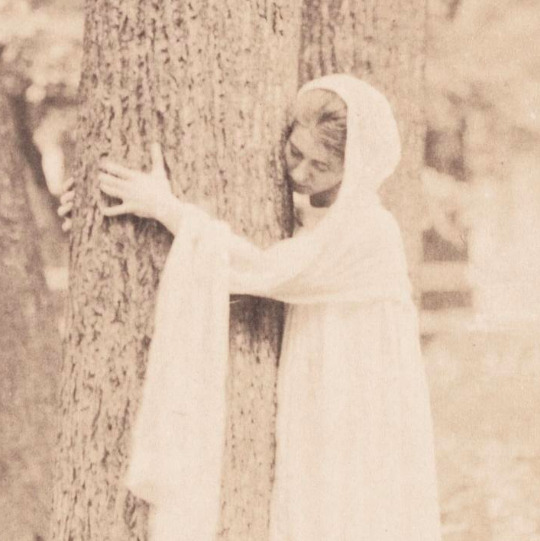

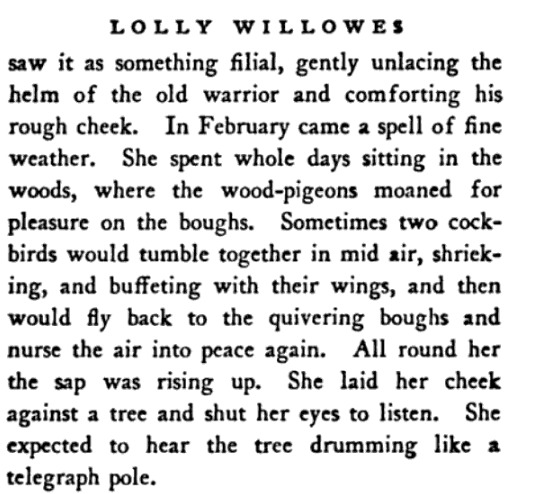

Violet Oakley ca. 1900
Lolly Willowes by Sylvia Townsend Warner
#i saw these pictures and they immediately recalled this passage by STW#!#violet oakley#lolly willowes
70 notes
·
View notes
Text

lolly willowes; or the loving huntsman (1926), sylvia townsend warner
22 notes
·
View notes
Text

🇬🇧 Can you smell it floating in the air? Lolly and Vinegar definitely can and are getting ready for the coziest autumn ever 🍂🎃☕📚
This print is now available at my little art shop https://sombrasblancas.net/shop
🇪🇸 ¿Podéis olerlo flotando en el aire? Lolly y Vinagre desde luego que lo huelen y se están preparando para el otoño más acogedor 🍂🎃☕📚
Hay láminas de esta ilustración disponibles en la tienda https://sombrasblancas.net/shop
#cozy#autumn#fall#reading time#reader#reading a book#bookish#bookworm#window#witch#old lady#ginger cat#lolly willowes#fantasy#magic#cottagecore#october#sweater weather#sleeping cat#cozy home#home#home sweet home#cute cat#sleepy kitten#falling leaves#autumn leaves#cozy weather
6 notes
·
View notes
Quote
One doesn’t become a witch to run around being harmful, or to run around being helpful either, a district visitor on a broomstick. It’s to escape all that -- to have a life of one’s own, not an existence doled out to you by others.
Sylvia Townsend Warner, Lolly Willowes
10 notes
·
View notes
Text

lolly willowes by sylvia townsend
11 notes
·
View notes
Text
Last month I read Silvia Townsend Warner's Lolly Willowes, which was even better than I remembered it from when I was a teenager and has lines like
And she was a witch, the inheritrix of aged magic, spells rubbed smooth with long handling...

Anyway, so much of the style reminded me of Arthur Machen's A Fragment of Life (though, frankly, much better), and I assumed it was simply because Townsend Warner and Machen were near-contemporaries. But I have just read that they knew each other and were friends, so that's nice.
2 notes
·
View notes
Quote
The sultry afternoon was over. Dusk and a clammy chill seemed to creep out from among the darkening trees that waited there so stilly. It was as though autumn had come in the place of twilight, and the colorless dark hue of the field dazzled before her eyes. She stood in the middle of the field, waiting for an answer to her cry.
Sylvia Townsend Warner, Lolly Willowes 1926
#quotes#literature#sylvia townsend warner#lolly willowes#autumn#nature#englit5086#academia#dark academia#words
3 notes
·
View notes
Text
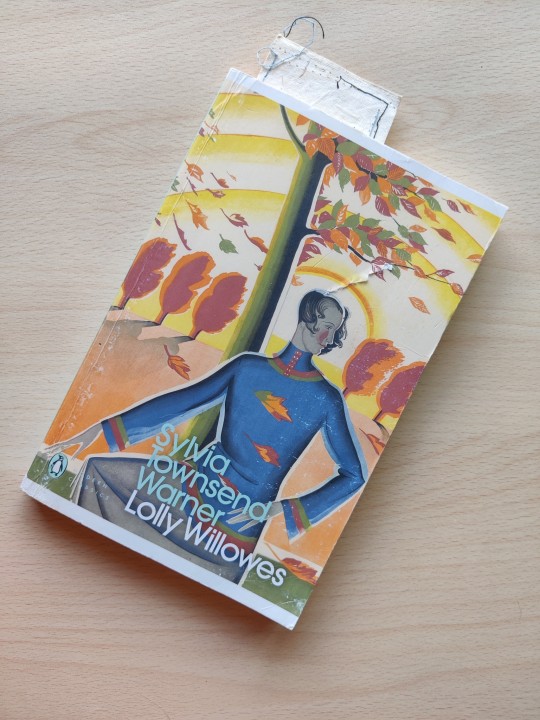
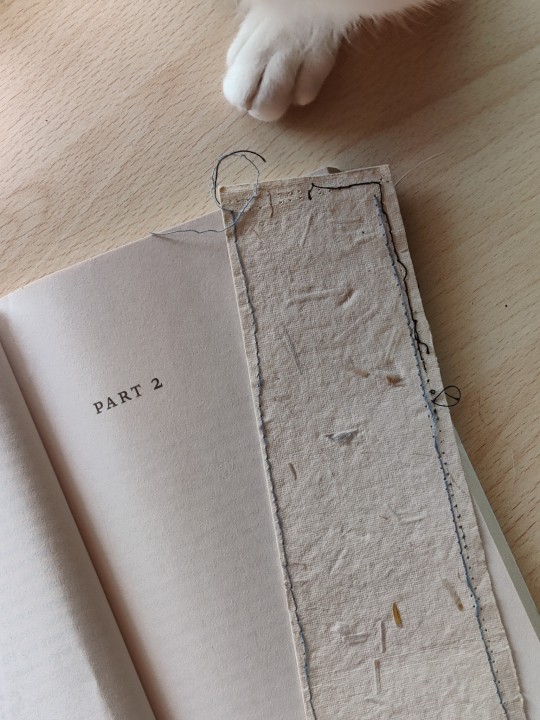
Finished part 1 and it left me feeling a bit melancholy. There's something so tragic about a youth that has passed by like a daydream- golden, nostalgic, but barely remembered. Nothing but a ruffle upon the sea of your life.
#spinsterseptember#book blog#bookblr#booklr#book photography#catblr#lolly willowes#sylvia townsend warner
27 notes
·
View notes
Text
Her mind was groping after something that eluded her experience, a something that was shadowy and menacing, and yet in some way congenial; a something that lurked in waste places, that was hinted at by the sound of water gurgling through deep channels and by the voices of birds of ill-omen. Loneliness, dreariness, aptness for arousing a sense of fear, a kind of ungodly hallowedness—these were the things that called her thoughts away from the comfortable fireside.
Lolly Willowes, Sylvia Townsend Warner
3 notes
·
View notes
Text

"... processions of the Royal Family and of the unemployed..." what a stunning sentence! Lolly Willowes by Sylvia Townsend Warner
2 notes
·
View notes
Text

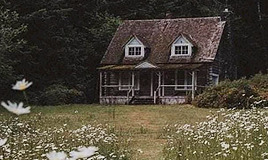
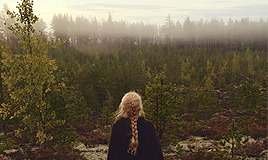



Lolly Willowes by Sylvia Townsend Warner
Published: January 1, 1926
Publisher: Chatto & Windus
The Author
Sylvia Townsend Warner was born in Middlesex, England, in 1893. As a child she was homeschooled after being kicked out of nursery school for mimicking her teachers. Lolly Willowes was her debut novel, published in 1926, and from this work onwards Warner focused on subverting societal norms; later heavily using the themes of rejecting the Church, a need for female empowerment, and independence in her works.* Warner eventually met Valentine Ackland, the two women falling in love and moving in together in 1930. Despite her clear literary skill, she remained a somewhat ghostly and marginal presence in the English literary landscape*. Scholarship and commentary on Townsend’s work has burgeoned over the last twenty years, and as of 2021 all her novels were in print simultaneously for the first time.
˗ˏˋ ´ˎ˗
The Story
Lolly Willowes, always so gentle and accommodating, suddenly announces that she is moving, alone, to the countryside. To her overbearing family in London, it is a disturbing and inexplicable act of defiance. But Lolly will not be swayed, and in the depths of the English countryside she gradually discovers not only freedom and independence, but also, unexpectedly, her true vocation.
˗ˏˋ ´ˎ˗
The Vibe: satirical, city life to country village, whimisical, pagan villagers, deals with the devil, nature appreciation, living authentically
The Style: comedy of manners, wry humour, feminist, social critique
Trigger Warnings: parental death
˗ˏˋ ´ˎ˗
The Review
Lolly Willowes; or The Loving Huntsman was written by Sylvia Townsend Warner and published in 1926. It is an early feminist classic that was written, as Warner said, because she “happened to find very agreeable thin lined paper in a job lot”. It’s a novel I’m genuinely surprised isn’t discussed morewidely in online reading circles, especially with the increased interest in witches and paganism that has boomed in recent years.
I’m always reticent to share reviews of classic books; what on earth could I possibly add that hasn’t been said more succinctly and more thoughtfully by any number of people before me? However, I absolutely adored this book and wanted to share my appreciation in a small way.
“One doesn’t become a witch to run around being harmful, or to run around being helpful either, a district visitor on a broomstick. It’s to escape all that - to have a life of one’s own, not an existence doled out to by others.”
First and foremost, Lolly Willowes is an examination (and rejection) of traditional Edwardian gender roles. Laura Willowes lives with her loving father at their family home in Somerset. Early in the novel in the wake of her father’s death, Laura finds her life turned upside down as she is forced to move to London to live with her brother Henry and his family. She is naturally absorbed by the household, becoming “Aunt Lolly” after a mispronunciation by her niece. I found it poignant that while living in London Laura is not able to live authentically, and is not even referred to by her actual name. She becomes “of use” to her family, but begins to become weary of the role that she is forced into. The novel is split into three sections, with the first building the examination of the need for single women to remain under the guardianship of a male family member.
During her time at her brother’s house, Laura creates small rebellions from this lifestyle in the form of “impulses of secrecy”, at one point exttravagantly buying out all the Chrysanthemums at a florist and purchasing a guide book and map of the location that the flowers were grown (somewhere in the Chiltern Hills northwest of London). While poring over her map and guide book, Laura appears to come back to herself as she imagines living enveloped in this countryside idyll. In another moment of impulse, Laura announces to her family that she will be moving to Great Mop, a small village in the Chiltern Hills. She is adamant about her choice, and going completely against social expectation, moves there alone.
“When she had come to the top of the Ridge she stopped, with difficulty holding herself upright. She felt the wind swoop down close to the earth. The moon was out hunting overhead, her pack of black and white hounds ranged over the sky. Moon and wind and clouds hunted an invisible quarry. The wind routed through the woods. Laura from the hill-top heard the various surrounding woods cry out with different voices.”
Nature itself has a huge presence in this story, from references to bodies, particularly female ones, in relation to nature and returning to their most essential forms, to the comparison between the natural world vs. cities and the expectations of living in “civilised” society. The descriptive passages about nature truly speak to Townsend’s deep love of the natural world. They are so evocative, they really make you feel the appreciation and awe that Laura felt whenever she explored the area around Great Mop. I wanted to move out to the countryside and explore just like she did.
Rudely, Laura’s nephew Titus decides that he would like to move to Great Mop too. This intrusion is too much for Laura, who tires very quickly of becoming socially and domestically relied upon once again. The book gets truly witchy (and hilarious) when she makes a pact with Satan in order to get rid of Titus through a series of worsening annoyances (Titus being chased by a swarm of wasps is a stand-out moment). This was my very favourite section of the story, especially so as her familiar, a kitten she names Vinegar, appears suddenly in her house, and she is invited to a witches Sabbath attended by other towns-people. It is during the sabbath that Laura truly comes into her own, as she decides that this form of socialising and expectation is absolutely not for her either. “’How are you enjoying your first Sabbath, Miss Willowes?’ he said. ‘Not at all,’ answered Laura, and turned her back on him.” She knows what she wants and will no longer entertain social pressure.
Laura is very much a reflection of Warner herself, who was left devastated after the death of her father. Like Laura, Warner also worked in a munitions factory during the First World War, and I feel that the transference of these major imformative moments brings and extra life to Laura that I personally found very moving. The fusion of very “real” details like this with the supernatural elements of the story give it an extra level of heart that makes the examination of gender roles all the more affecting. Warner put so much of herself into this novel.
The role of women, spinsters and widows is expertly addressed with her final discussion with Satan, who, unlike the fake representation of him at the sabbat, is not horned and oh so evil, but looks like a regular country gent. Even in this scene Satan remains an ambiguous character; is he really there to help or is he just another male figure taking control of women? The reader is able to make up their mind on that one.
“And think, Satan, what a compliment you pay her, pursuing her soul, lying in wait for it, following it through all its windings, crafty and patient and secret like a gentleman out killing tigers. Her soul - when no one else would give a look at her body even! And they are all so accustomed, so sure of her! They say: “Dear Lolly! What shall we give her for her birthday this year? Perhaps a hot-water bottle. Or what about a nice black lace scarf? Or a new workbox? Her only one is nearly worn out.” But you say: “Come here, my bird! I will give you the dangerous black night to stretch your wings in, and poisonous berries to feed on, and a nest made of bones and thorns, perched high up in danger where no one can climb to it.”
Lolly Willowes is a wonderful novel of living authentically and embracing ones own individuality and freedom. It did well in England when it was first released, but even better in France and the US (which is somewhat surprising given the subject matter; it would likely be banned pretty fast in many states if it was released in the US today). If you enjoy Jane Austen’s fantastic prose, I’m certain you will enjoy Sylvia Townsend Warner’s style just as much. If you haven’t already, please pick up this fabulous book and enjoy!
Rating: 🌕🌕🌕🌕🌕
[Goodreads]
#book review#bookblr#reading#books#witch fiction#fiction#witches#witchy#witchblr#Lolly Willowes#Sylvia Townsend Warner#witchy books#witchcore#witchy vibes#witch#witch books
0 notes
Text
Remember when Willow first met Darius and how, despite his title and power, immediately fought back


Vs in the epilogue she immediately bursts into laughter over him teasing Hunter


The dynamic between them has so much potential to be hilarious, just, so much
#toh#toh spoilers#willow park#darius deamonne#lolly has posted about the vision but im just thinking about it again bc THEY'D BE SO FUNNY & SASSY HE'D BE SUCH AN ANNOYING DAD GUY TO HER#BF & SHE'D BE SOOO PRETEND PETTY OVER THE KIDNAPPING#im still thinking about dana's nucleus gallery art with darius paralleling willow. add on how willow reacted to his antics its like! AHH!!!#any sport in a storm#watching and dreaming#wad spoilers#huntlow#implied
4K notes
·
View notes